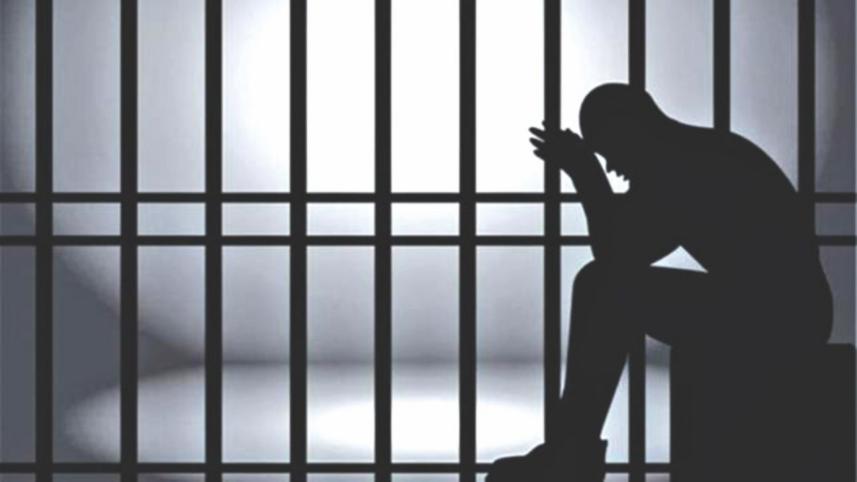‘Condemned cells dehumanise people’

Legal experts and rights activists yesterday called for sweeping reform of Bangladesh's death penalty system, describing it as inhumane, overextended, and burdened by systemic failures that deny justice to those on death row for years.
They made the observations at a seminar held at Drik, organised to mark an exhibition by Mosfiqur Rahman Johan on the lives of death row convicts.
The event brought together members of the legal and rights community to discuss the human cost of prolonged confinement and the urgent need to reform laws prescribing capital punishment.
Muhammad Mahbubur Rahman, professor at the Department of Law, Dhaka University, said the appeal process for prisoners sentenced to death remains stalled even six years after sentencing due to the massive backlog in the courts.
"With this systemic miscarriage of justice, the state must take responsibility," he said. "It is not justice to keep a person in a condemned cell for many years. Condemned cells dehumanise a person."
People can be dissuaded from demanding the death penalty if trust in the justice system can be restored, he said. He also highlighted the absence of safeguards for condemned prisoners. "We should ensure regular mental health check-ups for them," he said.
Shireen Huq, head of Naripokkho, condemned capital punishment altogether, calling it a form of judicial killing.
"People think that the inhumane conditions that convicts are kept in are a part of punishment. That is not a part of punishment -- the punishment is the sentence given -- the rest is torture," she said.
Mosfiqur Rahman Johan, human rights affairs secretary of the National Citizen Party and the photographer behind the exhibition, said the death penalty and human rights issues are often viewed through a politicised lens.
Barrister Sara Hossain said the country ranks among the top ten globally in issuing death sentences. "Way too many laws prescribe the death sentence," she said.
Sara pointed out that those awaiting execution face extreme isolation and limited human contact. "Death row convicts are allowed to meet their families only once every six months," she said.
She also highlighted the inequity in legal representation faced by those on death row. "Counsels appointed by the state to represent the defence of death row convicts are given only Tk 3,000 per case," she said.
"Beyond this, they are not provided any form of support. Those who can afford to appoint private lawyers often get away."
"While we must change the laws and abolish the death penalty, we must also raise awareness about the conditions of those on death row," she said.



 For all latest news, follow The Daily Star's Google News channel.
For all latest news, follow The Daily Star's Google News channel.
Comments